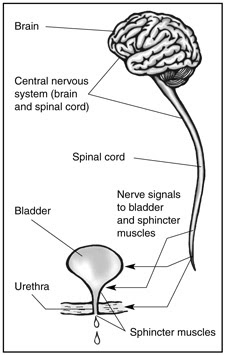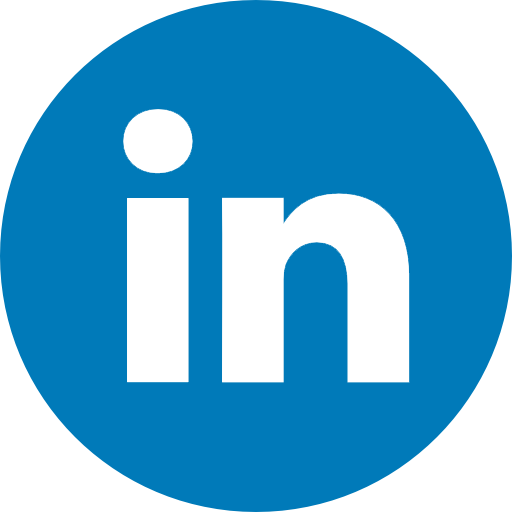March 15, 2019 at 12:02 am
Once upon a time, before I had the stroke, I used to sit for long, agonizing hours at my office desk, and didn’t urinate for 12 hours while drinking boatloads of coffee and water. I didn’t want to leave my desk for fear the boss wanted something earth-shattering, silly office things, like telling us who passed gas in front of the Director or who got canned because he watched Westerns on his office computer. He always wanted us available for things. Things that could wait.
As a result, I got used to not peeing. I developed a remarkably humongous bladder (5 doctors at 5 offices in 3 different states said so after I had CT scans) and I had, I might add, constant UTIs (urinary tract infections). You’re supposed to “pee” after drinking massive amounts of fluid.
Anyway, despite my inordinately large bladder, I developed incontinence after I had my stroke. I was constantly leaking. So I took to Poise to help with the embarrassment, larger and thicker pads until I was at #6, the Ultimate. Ultimate absorbency, the ominous sign above a grocery shelf said. Ultimate absorbency. I had reached the limit.
No matter how you explain it, everything comes from the brain. And The American Urological Association (AUA) has a simple answer.
It’s called neurogenic bladder, or bladder dysfunction.
“The bladder and kidneys are part of the urinary system,” the AUA says. “These are the organs that make, store, and pass urine. When the urinary system is working well, the kidneys make urine and move it into the bladder. The bladder is a balloon-shaped organ that serves as a storage unit for urine. It is held in place by pelvic muscles in the lower part of your belly.”
The AUA goes on to say that the nerve signals in your brain let you realize that your bladder has to empty itself. Then the brain tells the bladder muscles to contract, allowing urine out through your urethra, the tube that carries urine out of your body. Your urethra muscles are called sphincters that keeps the urethra shut until you’re ready to “pee.”
If you have neurogenic bladder, or incontinence, see your doctor. It can’t be cured, but it can be managed.
I came across 2 interesting therapies, the one involving surgery, the other a needle:
Sacral Neuromodulation: When drugs or lifestyle changes don’t help, there’s sacral neuromodulation. The sacral nerves carry signals between your spinal cord and the bladder, allowing the surgeon to place a narrow wire in proximity to the sacral nerves. A wire is connected to a small, battery- operated device that is placed under your skin. The harmless electrical impulses to the bladder stop the signals that can cause the bladder to leak.
Percutaneous Tibial Nerve Stimulation: This type of neuromodulation involves a needle that’s inserted into a tibial nerve in your leg, most likely the ankle. The needle, connected to a device that emits electrical impulses, travel to the tibial nerve, and then to the sacral nerve. This procedure is done in your doctor’ss office, and patients ordinarily receive 12 treatments for top results.
The AUA says that certain drinks, foods, and medications may act as diuretics, stimulating your bladder to “go” more often. They include:
- Alcohol
- Caffeine
- Chocolate
- Carbonated drinks and sparkling water
- Heart and blood pressure medications, sedatives, and muscle relaxants
- Large doses of vitamin C
- Neurological disorders, like stroke or other TBIs
- Pregnancy
- Childbirth
- Age changes
- Menopause
- Hysterectomy
- Enlarged prostate
- Prostate cancer
- Obstruction, such as a tumor or urinary stones
- Hysterical laughing or annoying coughing
- Gender
- Age that weakens the muscles involved with urination
- Being overweight
- Brain injury
- Smoking
- Family history (lousy genes will get you every time)
- Other neurological diseases
- Diabetes
- Maintain a gender-specific correct weight
- Practice pelvic floor exercises
- Avoid bladder bothers listed above
- Don’t smoke, the perennial favorite
- Avoid constipation by eating more fiber, constipation being one of the causes of urinary incontinence
- This reply was modified 54 years ago by .








